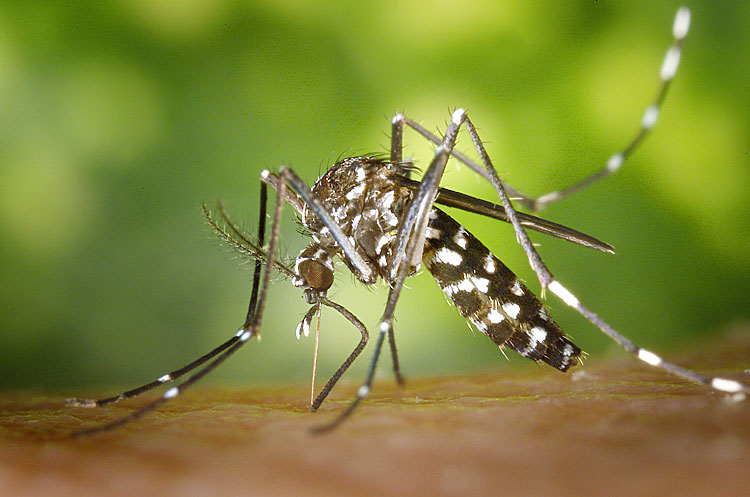Men & Women Of Child Bearing Age and Pregnant Women

If they must go to places with Zika virus, CDPH recommends they protect themselves against sexual transmission of Zika and to take steps to prevent mosquito bites. Pregnant couples in which one or both partners were in an area with Zika should use protection or not have sex during the pregnancy in order to reduce the risk of transmitting Zika to the fetus.
“Whether you work in a location with Zika, visit family who live in places with Zika or travel for leisure to places with Zika, you need to protect yourself,” said CDPH Director and State Health Officer Dr. Karen Smith. “Anyone living in or traveling to areas with ongoing Zika activity may be at risk for infection.
Most people who are infected with Zika do not experience symptoms (fever, rash, joint pain and red eyes), but they should still take precautions.
There has been no local transmission of Zika virus in California to date, but CDPH has confirmed 574 cases of travel-associated infections in the state. Florida and Texas have experienced locally transmitted cases of Zika.
People in areas with known Zika transmission should do the following:
- Use insect repellents containing DEET, picaridin, IR3535, oil of lemon eucalyptus or para-menthane-diol for long-lasting protection. If using sunscreen and insect repellent, apply sunscreen first and then the repellent.
It is recommended and safe for pregnant women, and women who are breastfeeding, to use an EPA-registered insect repellent according to the product label. Do not use insect repellent on infants less than two months of age.
- Wear long-sleeved shirts and long pants.
- Use air conditioning or window and door screens to keep mosquitoes outside. If mosquitoes may come indoors, sleep under a bed net.
- Reduce the number of mosquitoes by emptying standing water from containers, such as flowerpots and buckets.
More information about Zika can be found in the February 2017 CDPH Health and Travel Advisory, and on the CDPH website, which includes resources about Zika and travel, Zika and pregnancy, Zika and sex, Zika and family planning and mosquito bite prevention. Additional information is also available on the CDC website.